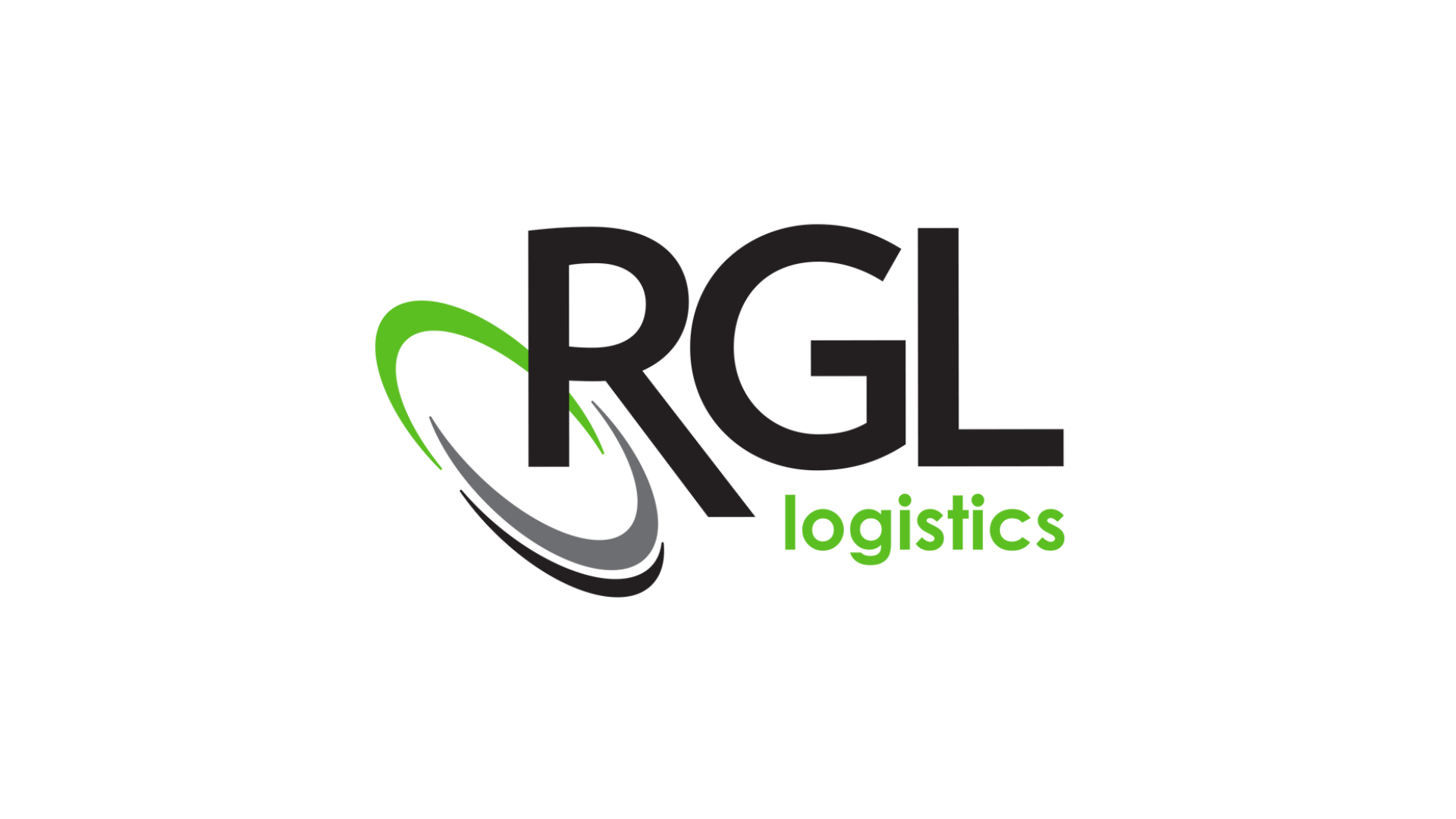This website uses cookies so that we can provide you with the best user experience possible. Cookie information is stored in your browser and performs functions such as recognising you when you return to our website and helping our team to understand which sections of the website you find most interesting and useful.
Commercial Leasing Services
Commercial Leasing:
Space Available
For Any need
Whether you’re expanding, relocating, or just starting out, our flexible leasing options are designed to support your success. Explore prime locations and versatile spaces that adapt to your unique needs and propel your business forward.
GET IN TOUCH


Our dedicated team is ready to provide you with personalized answers and support, ensuring you have all the information you need.
About RGL Logistics' Commercial Leasing Service
Maximize Your Business Potential with Flexible Commercial Leasing
RGL Logistics offers comprehensive commercial leasing services designed to meet the diverse needs of businesses seeking flexible and efficient warehousing solutions. Our state-of-the-art facilities, equipped with advanced technology, ensure optimal storage conditions and security for your goods. We provide customizable lease terms tailored to your operational requirements, maximizing space utilization and minimizing costs. RGL offers various space sizes to fit your needs, big or small, with our expert team dedicated to providing exceptional support and ensuring a seamless leasing experience from start to finish.
What are the benefits?
Commercial leasing offers businesses the flexibility to scale operations without the high upfront costs associated with purchasing property. Additionally, it allows companies to access prime locations and maintain better cash flow management, facilitating growth and operational efficiency.

Spaces Tailored for Your Needs
RGL Logistics offers flexible commercial leasing options with spaces available to suit your specific requirements, whether large or small. We also provide build-to-suit options to meet your unique business needs.

Rail Services
Our facilities include indoor rail services, ensuring temperature control and enhanced safety for your goods, optimizing your supply chain efficiency.

Sustainability
RGL Logistics is committed to sustainability with energy-efficient LED lighting, energy efficient walls, and auto-closing dock doors reducing energy consumption and operational costs.

Risk Management
RGL Logistics prioritizes safety and compliance with fully compliant ESFR high-density sprinkler systems and OSHA standards, minimizing risk and ensuring peace of mind for your operations.

Food-Grade Safe Facilities
Our state-of-the-art facilities are AIB Certified and temperature-controlled, providing food-grade safe environments to meet stringent industry standards.

Prime Locations with Interstate Access
RGL Logistics offers commercial leasing in prime locations with easy access to interstates, ensuring efficient transportation routes and reducing transit times, enhancing your supply chain efficiency.
Testimonials
What They Say About Us
FAQ
Frequently Asked Questions
Dive into our comprehensive FAQ section where you’ll find answers to common queries about our services, processes, and more.
Don't see your question listed? Feel free to reach out. Our dedicated team is ready to provide you with personalized answers and support, ensuring you have all the information you need.
Commercial leases can vary significantly, but the main types include net leases, gross leases, and modified gross leases. Each type dictates how costs like utilities, taxes, and maintenance are divided between the landlord and tenant.
Before signing a commercial lease, consider these main factors:
- Terms: Know the lease duration, renewal options, and early termination penalties. Make sure the term fits your company's goals.
- Inclusions: Determine what costs the lease covers like utilities, maintenance, and property taxes. Know the gross or triple net lease.
- Ownership and Management: Do your research on who you will be working with. Operations may be affected by their reliability.
- Location: Choose a location that suits operations and customers. Take safety and future opportunities for growth and development into account.
Leasing commercial real estate offers flexibility, especially for businesses in growth phases, as it allows for easier upgrades or relocations. Leasing also avoids the risks associated with property depreciation and provides the opportunity to occupy more prime locations that might be unaffordable to purchase.
Some drawbacks include not building equity, possible rent increases, and having less control over the property in terms of modifications and usage. Additionally, there's always a risk that the lease may not be renewed at the end of its term.
The structure of lease terms plays a crucial role in shaping your business operations. It's important to understand the specifics of the lease agreement, including the allocation of maintenance responsibilities and the potential for rent increases. Landlords often require longer leases, which makes it essential to consider how these terms align with your long-term business strategies. A well-negotiated lease can provide stability and predictability, helping you make informed decisions that support your business's growth and adaptability.
The abbreviation CAM stands for Common Area Maintenance. In a commercial property, such as an office building, retail center, or industrial park, it refers to the fees that tenants pay to cover the costs of communal area maintenance and repairs.
The property is kept up to date and usable for all tenants by means of CAM fees. Each type of property and lease agreement has different fees and costs it may incur. Typically, these costs are determined by the tenant's share of the leasable area.
In commercial leasing, "Triple Net" (NNN), Gross, and Net are different types of lease structures:
Triple Net (NNN): In addition to rent and utilities, tenants are responsible for all property expenses such as real estate taxes, building insurance, and maintenance.
Gross Lease: Tenants pay a flat rent, and the landlord pays for all property expenses, including taxes, insurance, and maintenance.
Net Lease: A middle-ground option in which tenants pay base rent plus some property expenses. There are several variations, including Single Net (N), Double Net (NN), and Triple Net (NNN), which indicate the number of expenses covered by the tenant, with NNN covering the most.
Each type affects a tenant's total costs differently.
- 1401 State St, Green Bay, WI 54304
- (920) 432-8632
- info@rgllogistics.com


